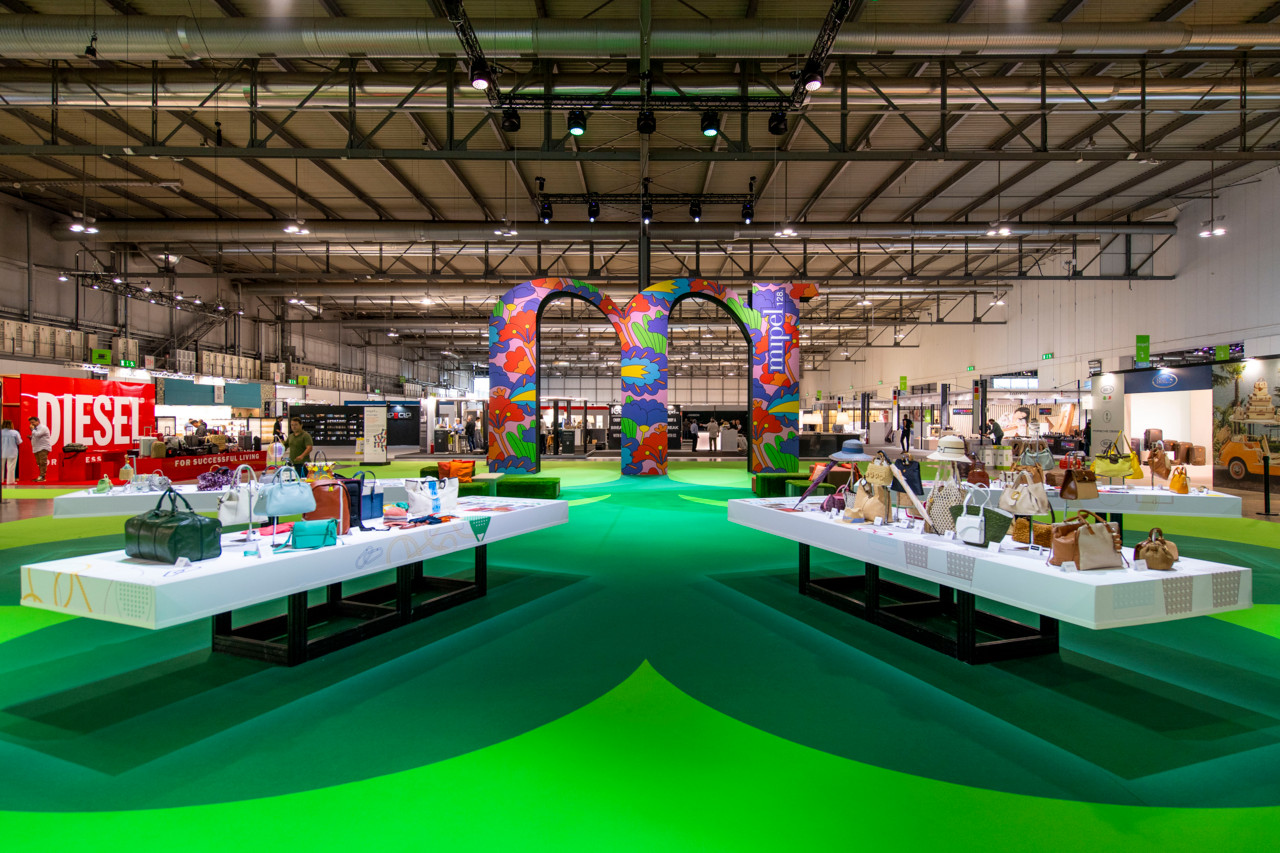
2025: un anno di svolta per il commercio digitale italiano
Secondo Netcomm, l’anno appena trascorso ha portato cambiamenti radicali, che influenzeranno inevitabilmente il 2026 e oltre.
Continua a leggere...
Novembre 2025

The European chemical industry is facing reduced investment, growing imports and a declining market share, while the Green Deal is perceived as a competitive hindrance. Marcello Taglietti of ICF discusses the risk of deindustrialisation and calls for a sustainable transition that does not penalise European manufacturing.
Last week, we published a reflection on the statements made by the Italian Minister for European Affairs, Tommaso Foti. We also spoke to those who deal with the sustainable path set out by Europe on a daily basis while trying to do business, in this case in the chemical sector.
We were advised to start by illustrating some data. So here it is.
In 2023, the chemical industry in the countries of the European Chemical Industry Council (EU27) reported capital expenditure (capex) of €32.1 billion, accounting for 12% of global investment in the chemical sector.
During the same period, investment in R&I (research and innovation) by the European chemical industry reached approximately €10.2 billion, but China continues to lead global investment in this area.
Europe’s (EU27) global market share in chemicals fell to ~13% in 2023, compared to ~28% twenty years ago.
In 2024, EU27 chemical exports grew by only 1.0% compared to 2023, while imports from non-EU countries increased by 10.2% in the first two months of 2025 compared to the same period in 2024.
According to data from the European chemical industry, the EU27’s dependence on chemical imports from China has “risen more than 4.7-fold in twenty years”, from less than 1% in 2004 to around 5.6% in 2024.
Production volumes: during 2023, the output of the European chemical industry recorded negative figures (estimated decline up to -8%) and a very modest recovery is expected for 2024 (e.g. +1-2%).
Marcello Taglietti, Chief Operating Officer of Industrie Chimiche Forestali S.p.A., reflects on Minister Foti’s words and the data just released: «The Green Deal is a luxury that the footwear and leather goods supply chain cannot afford. The minister’s words strike a raw nerve for those of us who work in the footwear and leather goods manufacturing supply chain, supplying adhesives and technical fabrics for toe caps, counters and reinforcements. The time has come to face an uncomfortable truth: Europe seems to have lost confidence in its own industry. And while this doubt may seem theoretical in other sectors, in our industry – made up of small and medium-sized enterprises, historic manufacturing districts, skilled workers and traditional know-how – the consequences are already dramatically concrete.»
So, does the Green Deal seem to have been designed on paper without any consideration for reality?
«The idea of a “green” Europe is not wrong in itself: no one, especially those who work with natural and artisanal materials, wants a polluted planet. But the rigid and ideological application of the Green Deal is producing the opposite effect to that stated.
In the name of sustainability, the European Union is imposing rules and constraints that disproportionately penalise European companies, while Asian, American and South American competitors produce at incomparably lower costs and environmental standards. We see this every day in our chemical sector, where regulations make our lives difficult (REACH, EUDR, microplastics, etc.).
The result is a transfer of production outside European borders — a planned deindustrialisation which, in the footwear and leather goods sector, translates into job losses, the closure of historic workshops and the impoverishment of the local productive fabric. Several chemical multinationals, under pressure from rising energy costs, increasingly stringent environmental obligations and bureaucracy considered too burdensome, are gradually divesting in Europe to move production to geographical areas with more flexible regulations and lower operating costs. This trend will lead to a reduction in production capacity and therefore also in the availability of basic raw materials that fuel companies like ours, forcing us in the future to rely on complicated and costly supply chains.»
It is a form of sustainability that turns into a paradox…
«The supply chain operating in the footwear and leather goods sector, and the direct manufacturers themselves, have long invested in real sustainability: the development of water-based adhesives with low environmental impact, GRS-certified raw materials in both the production of adhesives and technical fabrics, low-impact processing, certified tanneries, the use of leather from traceable supply chains, waste reduction and material reuse.
However, the new European regulations — often designed in an abstract and uniform manner — do not recognise the difference between those who produce responsibly in Europe and those who import products made in contexts where environmental and social standards are non-existent.
In practice, while Italian manufacturers are suffocated by bureaucracy, high energy costs and increasingly burdensome certification requirements, the market continues to be flooded with low-cost products with a high ecological impact.
Is this really the “green transition” we want?»
In short, is sustainability acceptable as long as it allows us to compete on equal terms with the rest of the world?
«As Foti pointed out, Europe accounts for just 6% of global emissions. Thinking we can save the planet with a policy that destroys our industry is naive — or worse, blind ideology.
Our sector is not asking for shortcuts, but for clear and equal rules for all: if a European manufacturer has to comply with strict environmental parameters, the same must apply to those who export to Europe. Otherwise, it is not ecological transition, but industrial suicide.»
From your point of view, not revising the Green Deal would lead to the extinction of European manufacturing. Can we afford that?
«Defending European manufacturing means defending its identity. Behind every pair of shoes or leather bag produced in Italy there are hands, stories, territories and, as in the case of our company, Industrie Chimiche Forestali, a highly specialised support production chain, always at the forefront and in possession of system certifications (ISO 9001, 14001, 45001, EMAS) and product certifications (GRS, FSC, ISCC Plus, OK-Biobased, OEKO-TEX Std 100, GOTS, BCI…).
European know-how cannot be replaced by anonymous, mass-produced imports. Dismantling a Green Deal built without considering the economic and social consequences does not mean being “against the environment”, but rather wanting to reconcile sustainability and competitiveness, ecology and work, innovation and tradition.
If Europe wants to remain a productive beacon in the world, it must return to believing in its own industry — in our industry — and implement a policy that supports those who produce real value, not those who import at low cost.
I believe that Tommaso Foti’s message is not an attack on the green transition, but an appeal to common sense: first and foremost, we need an industrial vision. Because without industry there is no future, and without manufacturing there is no Europe.»

Secondo Netcomm, l’anno appena trascorso ha portato cambiamenti radicali, che influenzeranno inevitabilmente il 2026 e oltre.
Continua a leggere...
I dati del Centro Studi di Confindustria Accessori Moda per Assopellettieri mostrano segno negativo anche nel terzo trimestre 2025, pur con un alleggerimento della flessione rispetto alla parte iniziale dell’anno, che si spera possa tramutarsi in una ripresa nel 2026.
Continua a leggere...
La nuova frontiera della calzatura sostenibile unisce innovazione tecnologica e rispetto per l'ambiente, trasformando gli scarti di carta e legno in accessori di lusso e sneaker circolari.
Continua a leggere...Devi effettuare l'accesso per leggere questo contenuto gratuito
Questo contenuto richiede un'abbonamento per essere consultato. Sei già abbonato? Accedi